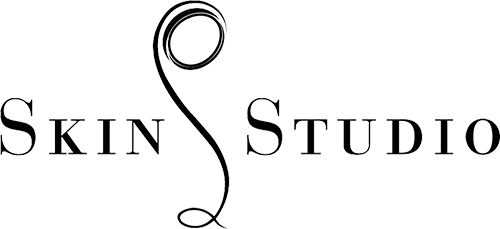The question reflects a widely-held but scientifically inaccurate assumption that somehow "hormonal acne" is different, and that there is nothing topical or nutritional that can be done to clear it up.
In reality, all acne is influenced by hormones. Acne is the proliferation of comedones (blackheads or whiteheads) leading to pustules, papules, and sometimes cysts or nodules. Comedone formation is subject to many factors, among them sebum thickness. A predominance of androgens or male hormones thickens the sebum, while lower proportions of those hormones result in less viscous sebum. For some women who are both struggling with acne and who wish to be on oral contraceptives, simply using a pill that is higher in estrogen and lower in androgens* can go a long way towards clear skin. Likewise, certain hormonal birth control, especially those advertised as being low in estrogen**, can be responsible for thickening sebum enough to cause a problem for women who may not otherwise consider themselves acne-prone. If acne breakouts begin while taking these hormonal contraceptives, in my opinion it's worth a phone call to the prescriber to find out if there might be a more suitable choice of hormonal contraceptive.
Despite what you may have heard about "hormonal acne," though, hormones are not the only factor. Furthermore, I often see clients who do not want to or cannot take hormonal medications for a variety of personal and medical reasons, and clients for whom the main androgenic hormones acting on the thickness of their sebum are likely to be stress hormones like adrenaline and cortisol. Unfortunately, I have observed instances in which dermatologists and gynecologists lump these people into a "hormonal acne" header and tell them they have to take birth control pills if they want their acne to clear up. I know from experience that this does not have to be true, so I think it's important to shrug off the notion of hormonal acne and work on the causes of acne that we can control. While hormones exert a very important influence on the thickness of the sebum, hormone levels are never the whole store behind an individual's acne. A comedone forms in a pore when there is a combination of factors present, of which thickened sebum is only one. The other factors in the development of a comedone (and progression from comedone to pustule or cyst) are:
- the rate at which stratum corneum (dead skin cell layer) cells detach and shed off the skin surface as a whole and the pore lining in particular (determined by genetic and nutritional factors but primarily topical skincare routine)
- the presence of acne-causing bacteria (which can sometimes proliferate excessively as a result of overscrubbing)
- the overall health of the skin (which can be compromised by exposure to comedogenic substances, UV light, oxidation from sources like cigarette smoke and pollution, and nutritional factors)
The reason that we don't treat "hormonal acne" differently from any other acne at the Skin Studio is that for our purposes, they aren't different! Our treatment approach does include some minor nutritional adjustments, but is primarily topical, and it's been our observation that even skin that is breaking out under an onslaught of hormonal aggravators (for example, when corticosteroids have been prescribed after an injury or for an episode of a chronic illness) can remain clear with pro exfoliating treatments and skincare.
*Some examples of birth control pills in this category are Yaz and Yasmin, Ortho TriCyclen, Diane35, and Desogen (Apri).
**These include the NuvaRing, DepoProvera, Loestrin, and Estrostep FE.
*Some examples of birth control pills in this category are Yaz and Yasmin, Ortho TriCyclen, Diane35, and Desogen (Apri).
**These include the NuvaRing, DepoProvera, Loestrin, and Estrostep FE.

No comments:
Post a Comment